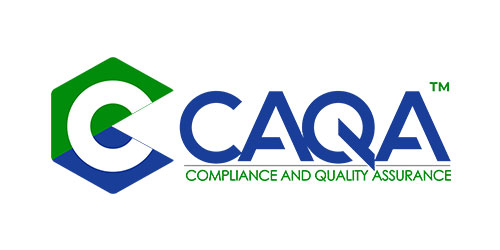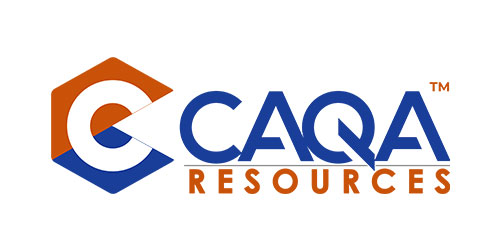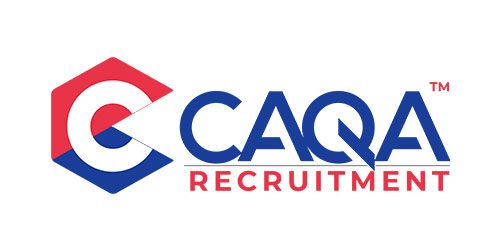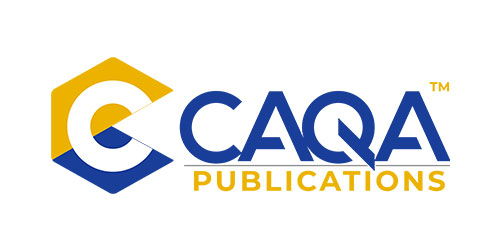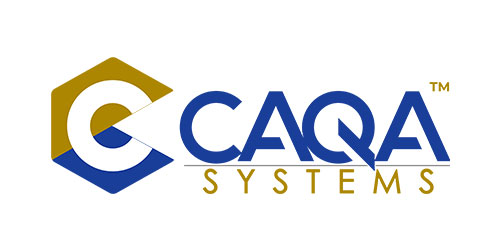
News
This is our first article in the series regarding “Internal audits”. Our main intention is to provide you with the required knowledge and skills, and equip you with the necessary resources to ensure you can audit your organisation against quality frameworks and standards effectively and efficiently.
What are Internal audits?
Internal audits are an independent, collaborative, impartial, objective assurance and consulting activity formulated to add value and improve operations of an organisation. It assists the organisation to bring a systematic, disciplined approach to effectively evaluate, monitor and improve the effectiveness of risk management, internal control and governance processes. Internal audits act as a catalyst for a strong risk and compliance culture within an organisation.
What are the benefits of conducting internal audits?
Internal audits act as a catalyst for enhancing an organisation’s governance, risk management and controls by presenting insight and recommendations based on interpretation and examination of data and business practices and processes. There are a number of other benefits, such as:
- Audits assess an organisation’s performance and practices against the regulatory framework, guidelines and legislative/statutory instruments.
- Audits provide management of an organisation with information on the effectiveness of risk management, control and governance processes.
- Audits evaluate achievement of organisation objectives
- Audits ensure assets are safeguarded and secure.
- Audits assess efficiency, effectiveness and the economy of business activities.
- Audits review operations and processes to ensure they are protected from any fraud, malpractice or corruption
- Audits increase financial reliability and integrity
- Audits help to improve the “control environment” of the organisation
- Audits are great learning lessons for all parties involved
- Audits identify the business areas that require urgent attention
- Audits identify opportunities, accountabilities and risks
- Audits help management understand what it needs to know, when it needs to know it and how it needs to be done or implemented.
- Audits identify better ways of doing things by recommending how to improve internal controls and governance processes
What is an audit scope?
The scope of audit refers to the focus, extent, boundaries and range of the activities covered by an internal audit. It includes:
- The objectives for conducting an audit
- Nature and extent of auditing procedures and activities performed
- The organisational units that will be examined
- Location of the audit
- Time-period that will be covered
- Related activities not audited in order to define the boundaries of the audit.
The audit scope, ultimately, establishes how deeply an audit is required to be performed.
What is usually included in an RTO internal audit?
The internal audit is usually a documented process that includes the evaluation of the following:
- Quality framework and standards and legislative guidelines
- Training packages and the companion volume (including the implementation guides)
- Assessment and learner resources
- Training and assessment strategies
- Trainers and assessors
- Industry consultation and engagement and how improvements are made from them
- Recognition of prior learning and credit-transfers
- Transitioning planning, processes and procedures
- Student certification and completion processes and procedures
- Third-party agreements and monitoring processes and procedures
- Student support, progression and welfare processes and procedures
- Student and staff Interviews and questionnaires
- Student records, student files and student data analysis
- Enrolment and pre-enrolment processes and procedures
- Marketing and advertising practices and procedures
- Regulatory compliance and governance practice
- Policies and procedures an organisation uses
- Other organisational practices and systems
Who can be an internal auditor?
An Internal auditor can be anyone who has the required knowledge, skills and experience to objectively, professionally and unbiasedly evaluate your organisation’s processes and procedures to identify opportunities for improvements.
It can be an internal staff member or an external person such as a compliance consultant.
The required knowledge, skills and experience of internal auditors will be discussed in our next edition.
(To be continued in the upcoming newsletter and blogs)
 1800 961 980
1800 961 980 info@careercalling.com.au
info@careercalling.com.au












